She added that the European countries, parties to the Iran nuclear deal, share interests with Russia and China over the nuclear (also known as the Joint Comprehensive Plan of Action), despite all other differences.
Merkel admitted that "Europe seems weak in the situation over Iran, saying, "We must have a realistic assessment of our capabilities and must strengthen them for the future."
However, she added, "Europe has made progress. That Europe is no longer divided on this important question as it was in the Iraq war is a value in itself," Merkel added.
"As far as defense cooperation is concerned, we are making good progress."
The Joint Comprehensive Plan of Action (JCPOA), known as the Iran nuclear deal, was signed between Iran and six international mediators (the United Kingdom, Germany, China, Russia, the United States, and France) on July 14, 2015. On January 16, 2016, the parties to the deal announced the beginning of its implementation. Under the deal, Iran undertakes to curb its nuclear activities and place them under the total control of the International Atomic Energy Agency (IAEA) in exchange of abandonment of the sanctions imposed previously by the United Nations Security Council, the European Union and the United States over its nuclear program.
Last year, US President Donald Trump announced that Washington would unilaterally quit the landmark accord. Anti-Iranian sanctions, including a ban on purchasing oil, were reinstated in November.
On May 8, Iranian President Hassan Rouhani said that Tehran would stop implementing some commitments under the landmark deal. According to Rouhani, Tehran will resume enrichment of uranium and will suspend converting the Arak nuclear reactor if the signatories to the agreement do not comply with their commitments under the deal within 60 days, including the banking sector and oil trade.
MNA/TASS


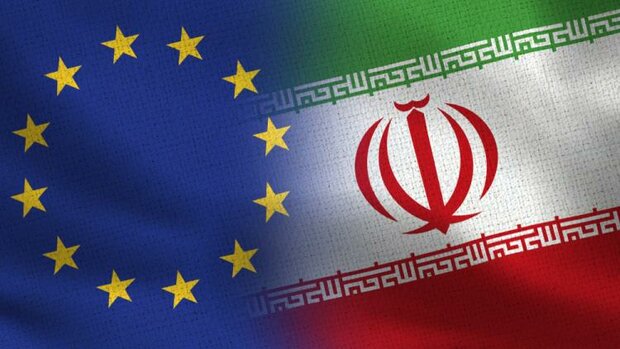
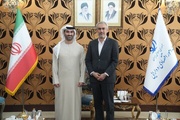
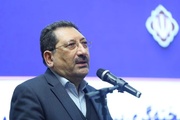
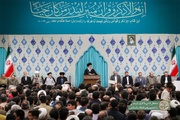
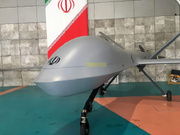
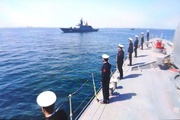
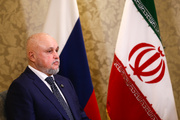













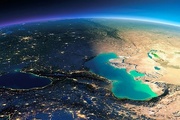



Your Comment